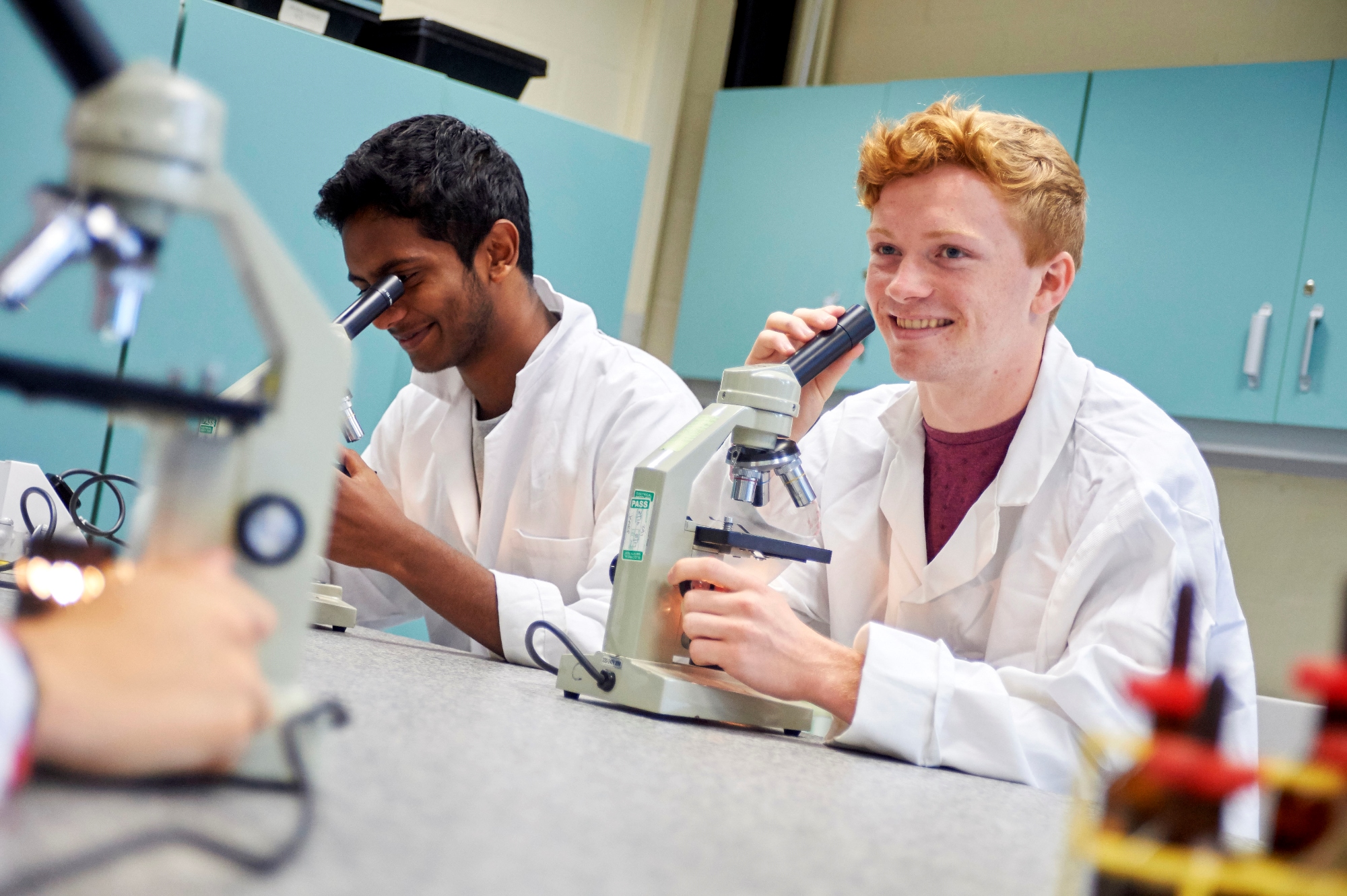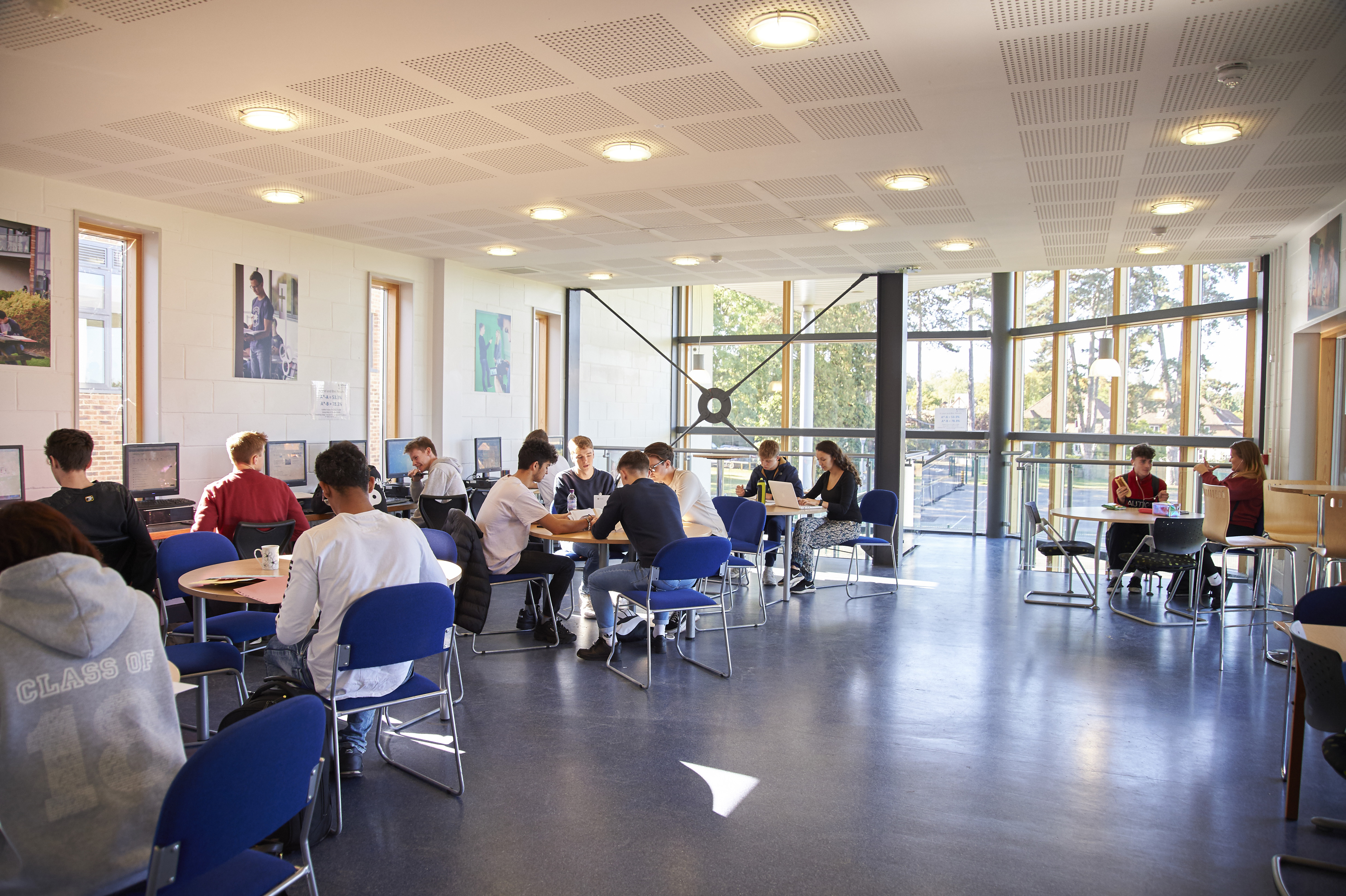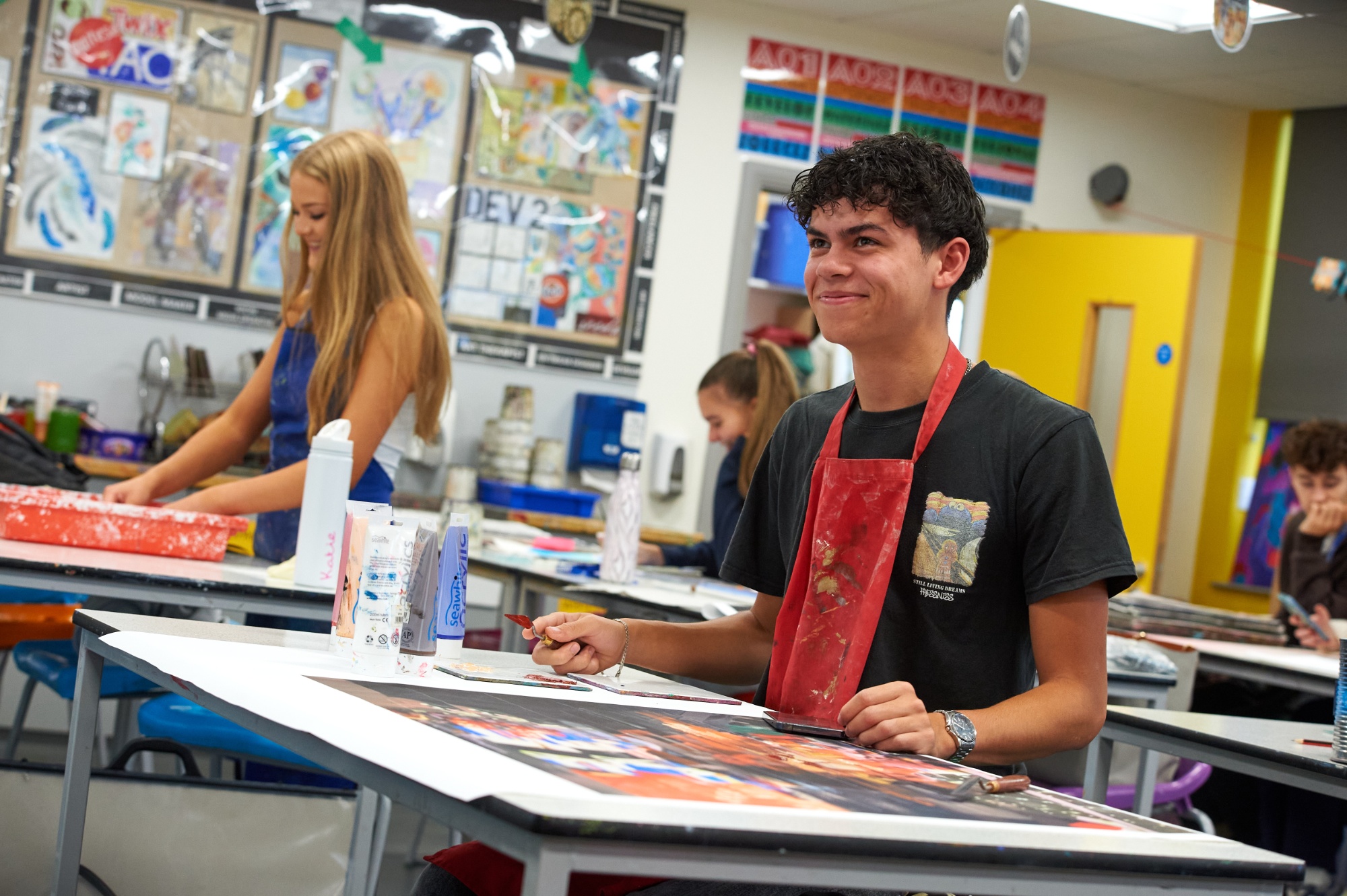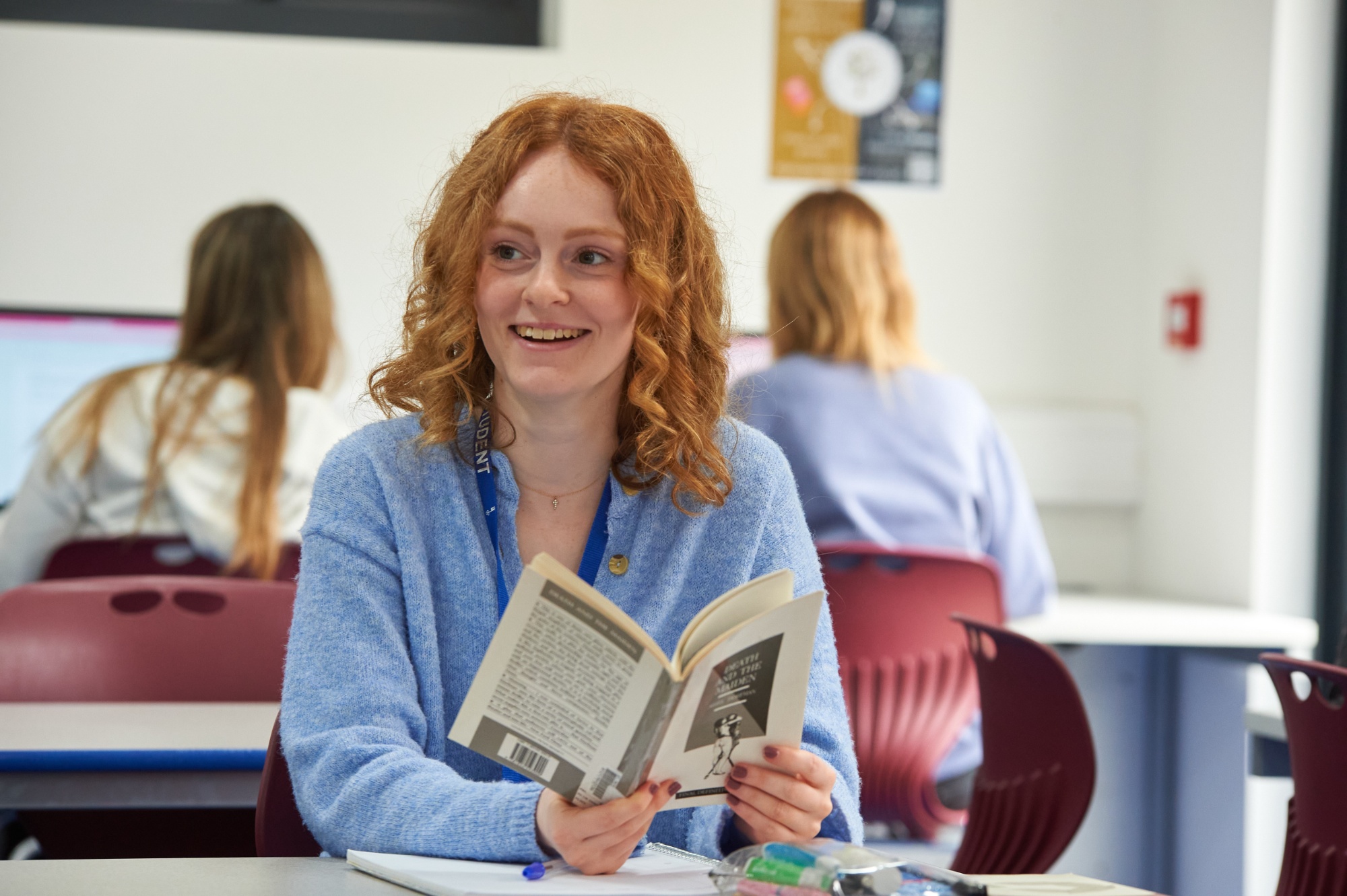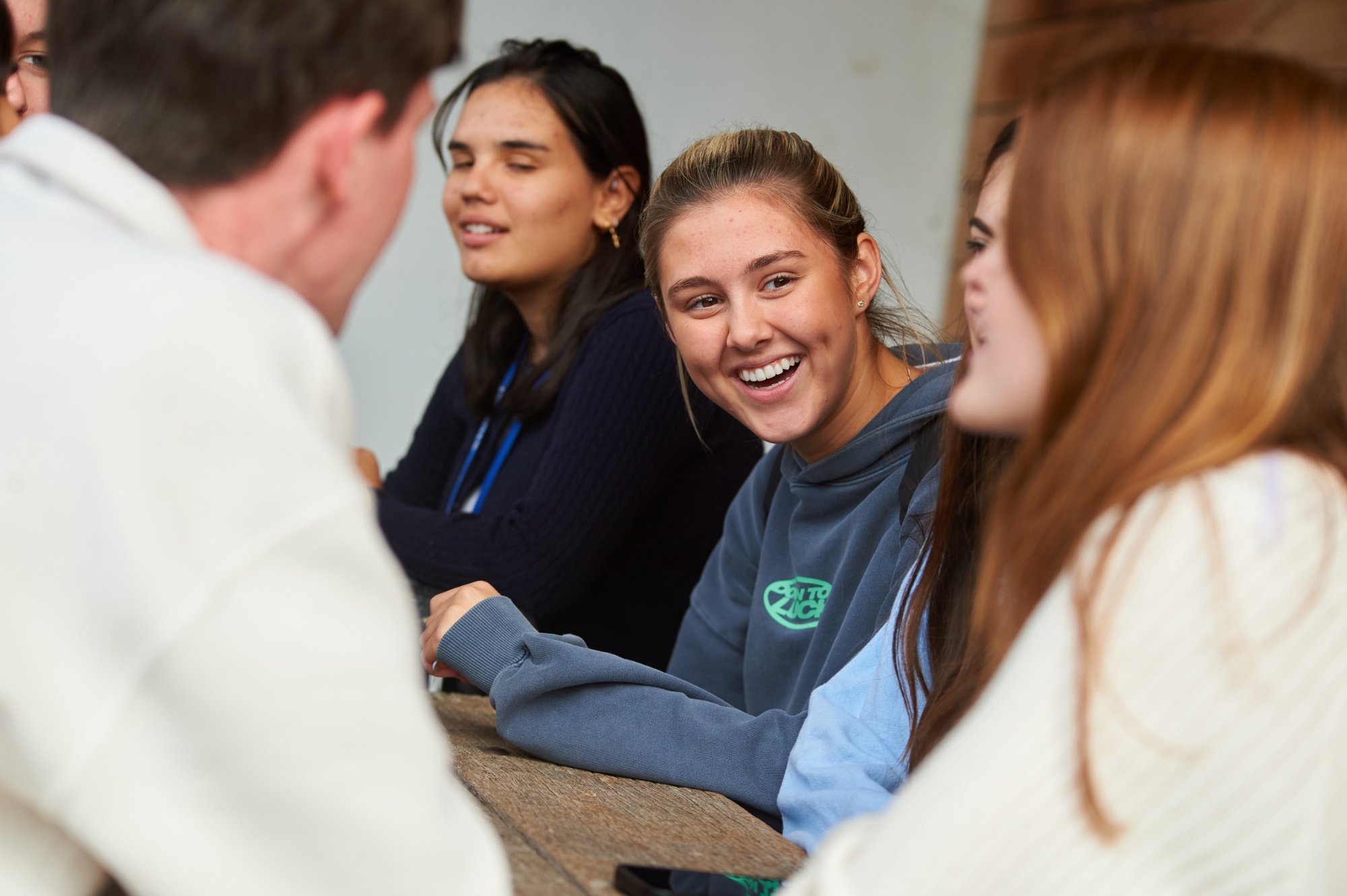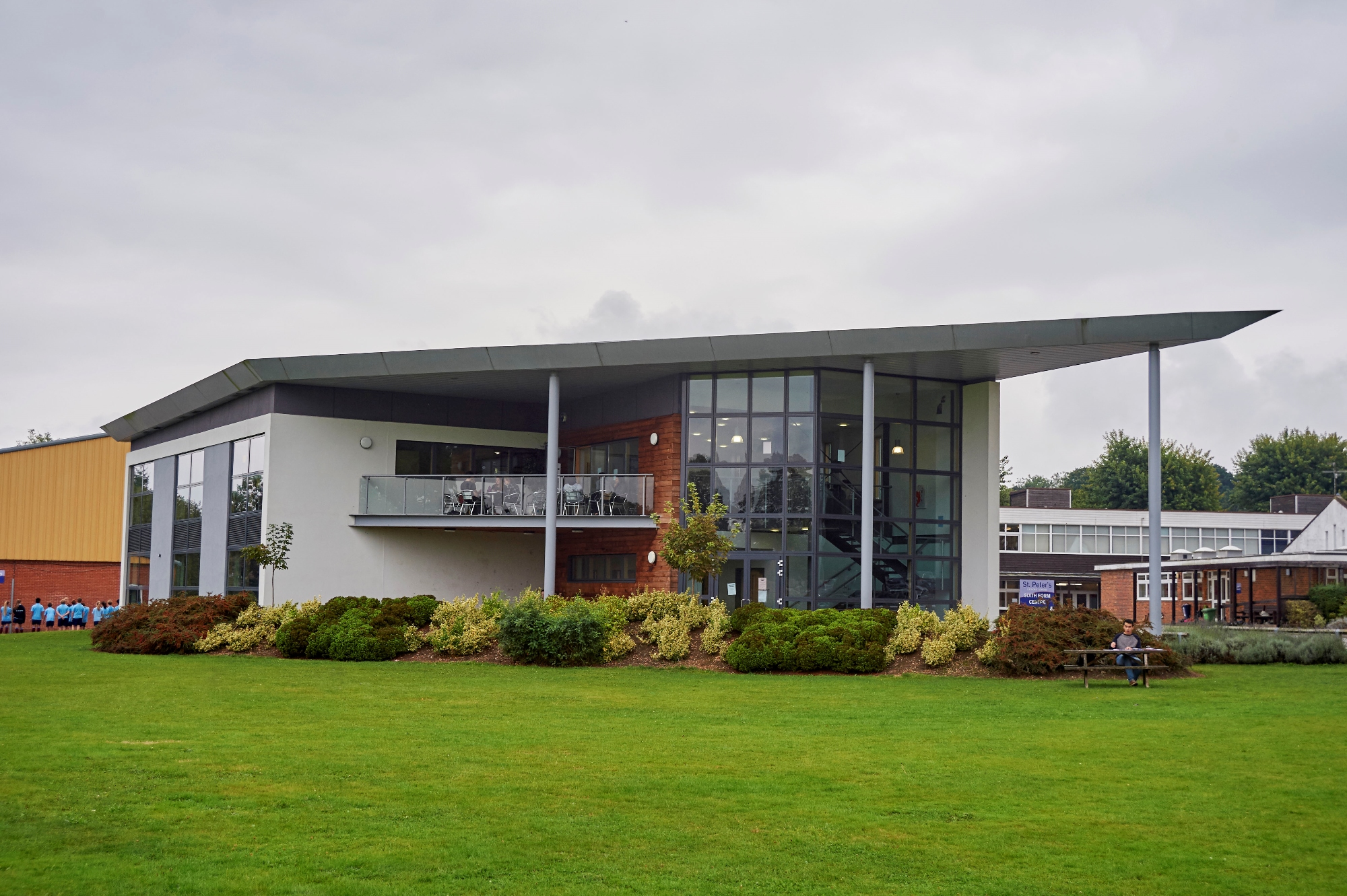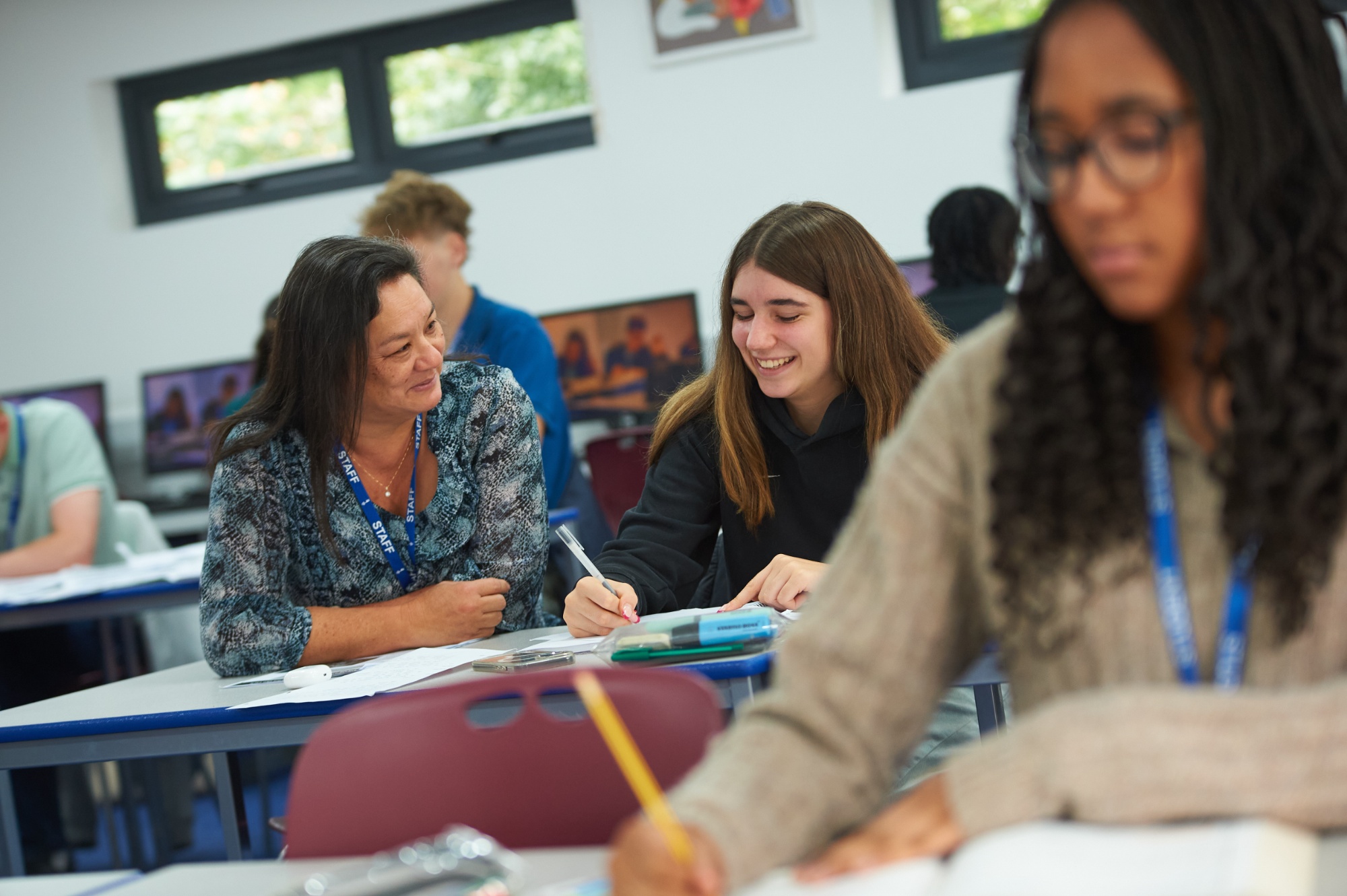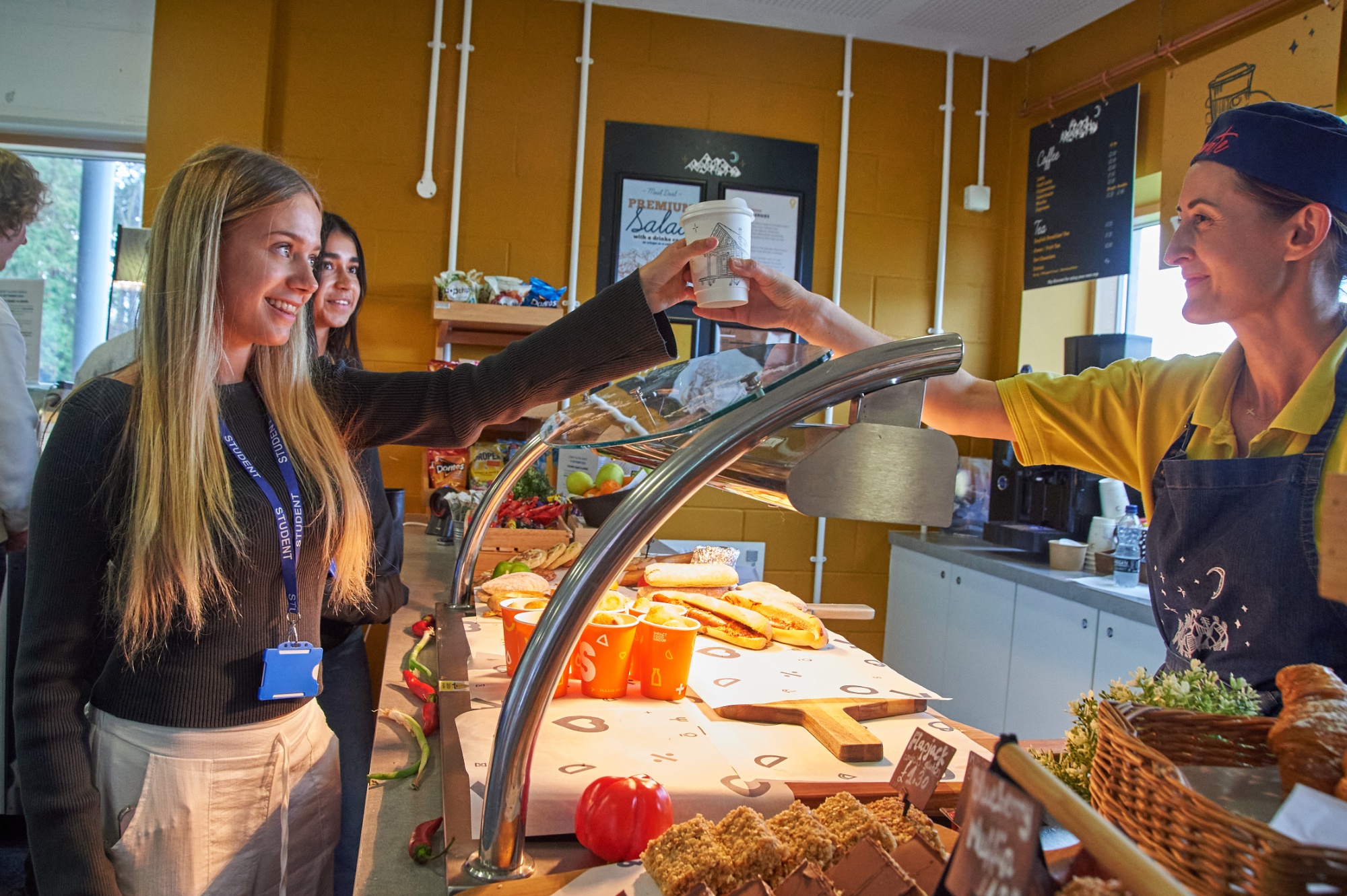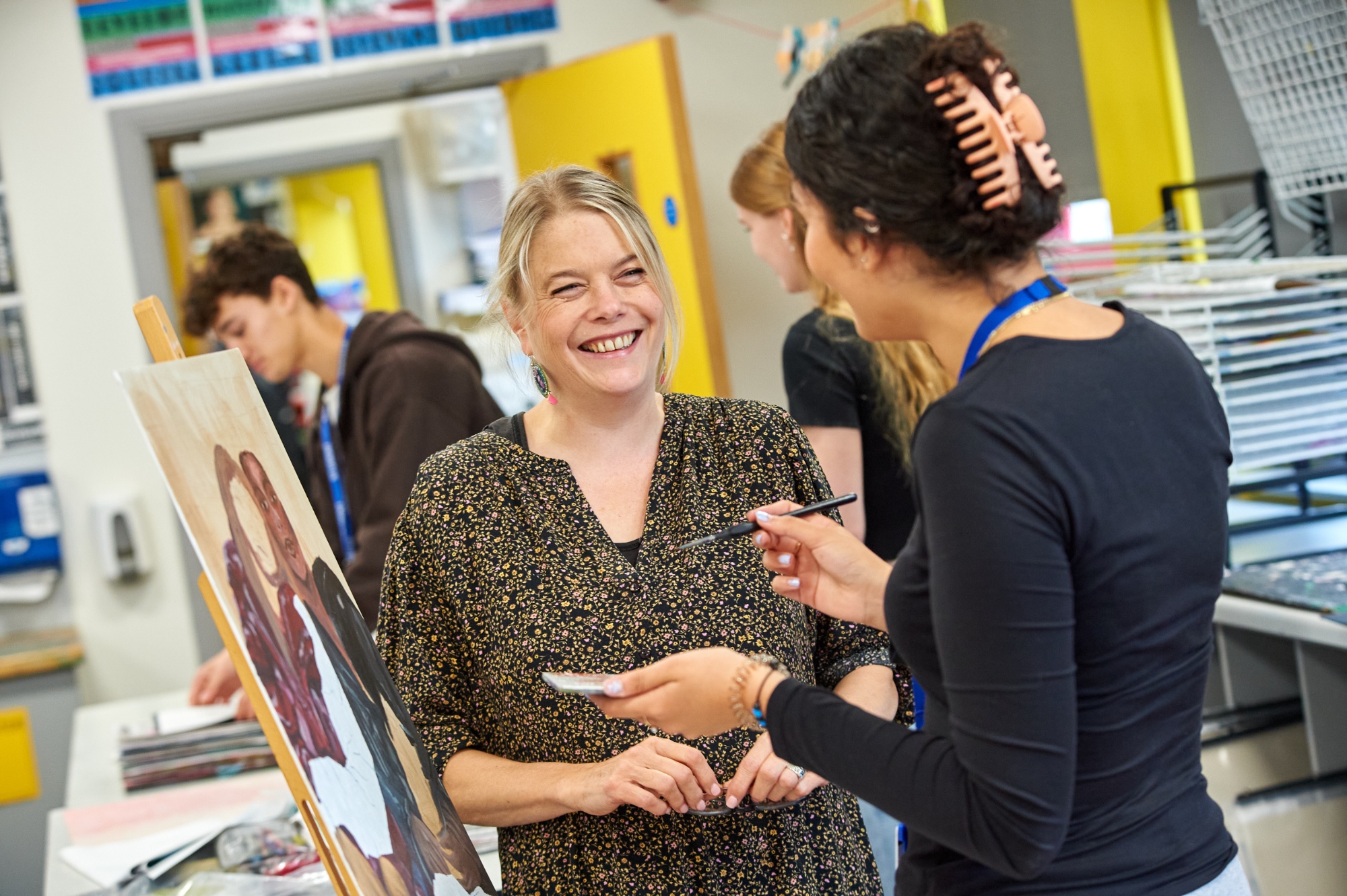Chemistry
 Mr D Woodhouse
Mr D Woodhouse
Head of Chemistry
THE TEAM
| Mrs K Fewson | Science Technician (Chemistry) |
| Mr B Rana | Teacher of Chemistry |
| Mr M Cartledge | Head of Science |
INTRODUCTION TO THE DEPARTMENT
We seek to ensure that students experience a good balance of subject knowledge and understanding with the skills of scientific enquiry. This includes opportunities for students to engage in practical work, fieldwork, research, use of ICT, individual and group work, discussions, modelling and evaluation. Teachers also aim to make the teaching of science relevant to students' lives.
Science subjects are designed to provide students not only with a basic knowledge but also with a range of skills and ideas that will be of use in further and higher education and in their lives as members of society. They will learn to recall relevant knowledge and to show an understanding of basic facts, concepts and principles, using appropriate terminology. They will develop an understanding of the power and limitations of scientific ideas. They will be able to select, organise and present relevant information and to evaluate ideas in order to make informed judgements on the complex issues that appear in the media with increasing regularity.
WHY STUDY CHEMISTRY?
Chemistry is the study of substances; what they are made of, how they interact with each other and the role they play in living things. Studying A Level Chemistry will develop useful skills that can be applied outside the subject discipline; these include problem-solving, numeracy, analysis, practical skills and the development of a broad scientific understanding.
FUTURE ACADEMIC AND CAREER PATHWAYS
An A Level in Chemistry is recognised by universities as a rigorous and academic subject that is essential to accessing careers in medicine, dentistry, chemical engineering and forensic science to name but a few. Furthermore, the respect given to Chemistry and the skills it develops and demonstrates can take you almost anywhere.
COURSE CONTENT
Students will be studying the AQA syllabus.
The following is a brief summary of the course which is split into three areas:
Physical Chemistry: atomic structure, explaining the properties of materials and exploring why and how particles interact.
Organic Chemistry: the chemistry of carbon containing compounds. Carbon is essential for life due to its versatility – this topic explores its varied chemistry and how it can be manipulated by chemical engineers and biological systems.
Inorganic Chemistry: the chemistry of materials that do not involve carbon. This topic investigates the Periodic Table including trends, particular elements and their compounds.
Year 12
Physical: Atomic Structure, Bonding, Oxidation and Reduction, Chemistry calculations
Organic: Alkanes, Halogenoalkanes, Alkenes, Alcohols
Inorganic: Periodicity, Group 2, Group 7
Year 13
Physical: Thermodynamics, Equilibria, Electrode
Potentials, Acids and Bases
Organic: Carbonyls, Benzene, Amines, Biochemistry
ASSESSMENT
Three exams comprise a mix of short and long answers (up to 10 marks, not essays).
Each exam is 2 hours long with a weighting of 35%, 35% and 30%.
12 required core practical activities which could be asked about in the exam questions.
EXTRACURRICULAR OPPORTUNITIES
• External lectures
• Cambridge Chemistry Challenge
• Royal Society of Chemistry Analytical Chemistry Challenge
• Summer schools
• Headstart taster courses
• Chemistry Olympiad
COURSE REQUIREMENTS
Minimum grade 7-7 in GCSE Combined Science or grade 7 in Chemistry as a separate science and a minimum grade 5 in Mathematics, as you must be confidently numerate in using Mathematics at Level 2 or above (GCSE higher tier) — 20% of the marks are for your mathematical skills.
